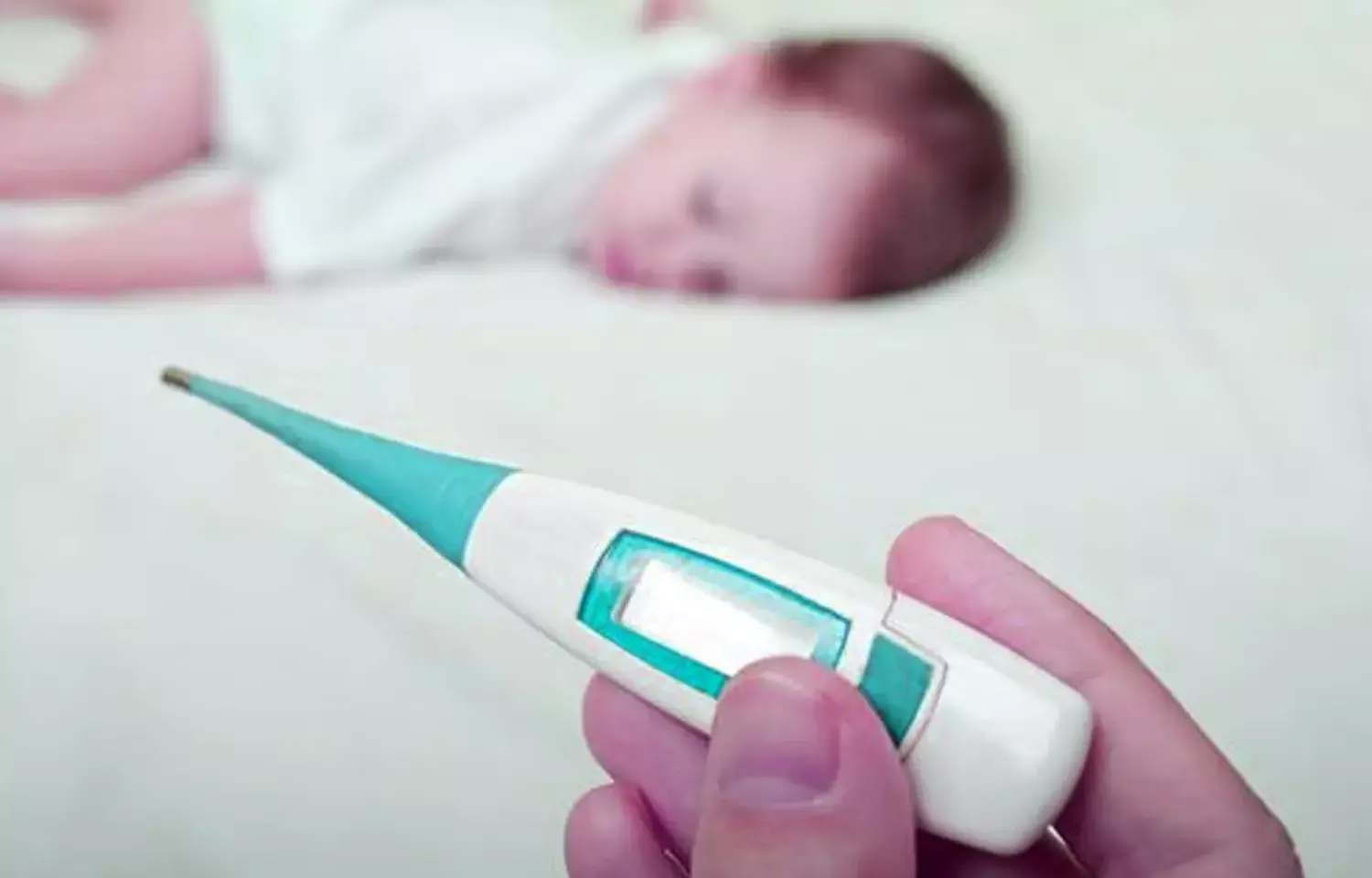- Home
- Medical news & Guidelines
- Anesthesiology
- Cardiology and CTVS
- Critical Care
- Dentistry
- Dermatology
- Diabetes and Endocrinology
- ENT
- Gastroenterology
- Medicine
- Nephrology
- Neurology
- Obstretics-Gynaecology
- Oncology
- Ophthalmology
- Orthopaedics
- Pediatrics-Neonatology
- Psychiatry
- Pulmonology
- Radiology
- Surgery
- Urology
- Laboratory Medicine
- Diet
- Nursing
- Paramedical
- Physiotherapy
- Health news
- Fact Check
- Bone Health Fact Check
- Brain Health Fact Check
- Cancer Related Fact Check
- Child Care Fact Check
- Dental and oral health fact check
- Diabetes and metabolic health fact check
- Diet and Nutrition Fact Check
- Eye and ENT Care Fact Check
- Fitness fact check
- Gut health fact check
- Heart health fact check
- Kidney health fact check
- Medical education fact check
- Men's health fact check
- Respiratory fact check
- Skin and hair care fact check
- Vaccine and Immunization fact check
- Women's health fact check
- AYUSH
- State News
- Andaman and Nicobar Islands
- Andhra Pradesh
- Arunachal Pradesh
- Assam
- Bihar
- Chandigarh
- Chattisgarh
- Dadra and Nagar Haveli
- Daman and Diu
- Delhi
- Goa
- Gujarat
- Haryana
- Himachal Pradesh
- Jammu & Kashmir
- Jharkhand
- Karnataka
- Kerala
- Ladakh
- Lakshadweep
- Madhya Pradesh
- Maharashtra
- Manipur
- Meghalaya
- Mizoram
- Nagaland
- Odisha
- Puducherry
- Punjab
- Rajasthan
- Sikkim
- Tamil Nadu
- Telangana
- Tripura
- Uttar Pradesh
- Uttrakhand
- West Bengal
- Medical Education
- Industry
Innovative warmer successful in treating neonatal hypothermia: Study

Rwanda: Researchers from Rwanda developed Dream Warmer, a low cost, re-usable non-electric warmer for the prevention and treatment of neonatal hypothermia. A recent study from the team showed that nfants who received treatment with the warmer had only an 11 percent rate of hypothermia compared to 29 percent of those who did not. Infant death rates also dropped, from 2.8 percent among infants who did not use the warmer to 0.9 percent of those who did.
The findings of the study are published in the Lancet journal EClinical Medicine.
Neonatal hypothermia -- which occurs when an infant's core body temperature falls below the normal range needed to maintain health -- is a common source of morbidity and mortality in low resource settings. It contributes to approximately one million deaths each year, and countless cases of stunted growth.
"Infant hypothermia is a silent killer," says study leader Anne Hansen, the Division of Newborn Medicine and Medical Director of the Neonatal Intensive Care Unit at Boston Children's, "but it's a modifiable risk factor, and this study shows that reducing it can have a large impact on survival and also likely on the long-term neurodevelopment of these babies."
The primary aim of the study by Anne Hansen and colleagues was to assess the effect on overall euthermia rates of introducing the warmer compared to standard of care in rural Rwandan hospitals. The secondary aims were to assess effects of warmer introduction on mortality, as well as the safety and feasibility of the warmer.
Ten district hospitals participated in the study from November 19th 2019 to July 15th 2020. Patients were eligible to use the warmer if they were 1) hypothermic (temp < 36·5 °C) or 2) or at risk of hypothermia (weight < 2·5 kg or estimated post menstrual age < 35 weeks) when Kangaroo Mother Care was not available. An encounter was defined as the data from an individual infant on a single day.
Over the study period, 3179 patients were enrolled across the ten neonatal wards, yielding 12,748 encounters; 464 unique infants used the warmer 892 times, 79% eligible due to hypothermia. Because of limited study nurse resources, the warmer was used in only 18% of eligible encounters.
Key findings of the study include:
- Despite the low rate of warmer use, the rate of euthermia rose from 51% of encounters pre-intervention to 67% post-intervention.
- Among the encounters in which the warmer was used, only 11% remained hypothermic.
- While mortality rates pre- and post-intervention did not change, mortality rate among those who used the warmer was significantly lower than among those who did not (0·9% vs 2·8%).
- Use of the warmer did not affect hyperthermia rates.
- There were no safety concerns or instances of incorrect warmer use.
"This is a good option for treatment in setting where incubators are not the right solution, whether it is because they are too expensive, (about $100 compared with $5,000 for an incubator) require electricity, or require extensive training to correctly use and maintain," says Hansen, who adds that the warmer was specifically designed to complement skin-to-skin care, known as kangaroo mother care, either when it provides insufficient heat or if the mother needs to take a break. "And, the nurses needed only a couple minutes of training to prepare, use and clean it correctly because it is quite intuitive."
"Introduction of the warmer increased rates of euthermia with no associated safety concerns," concluded the authors.
Reference:
The study titled, "Safety and effectiveness of a non-electric infant warmer for hypothermia in Rwanda: A cluster-randomized stepped-wedge trial," is published in the Lancet journal EClinical Medicine.
Dr Kamal Kant Kohli-MBBS, DTCD- a chest specialist with more than 30 years of practice and a flair for writing clinical articles, Dr Kamal Kant Kohli joined Medical Dialogues as a Chief Editor of Medical News. Besides writing articles, as an editor, he proofreads and verifies all the medical content published on Medical Dialogues including those coming from journals, studies,medical conferences,guidelines etc. Email: drkohli@medicaldialogues.in. Contact no. 011-43720751


